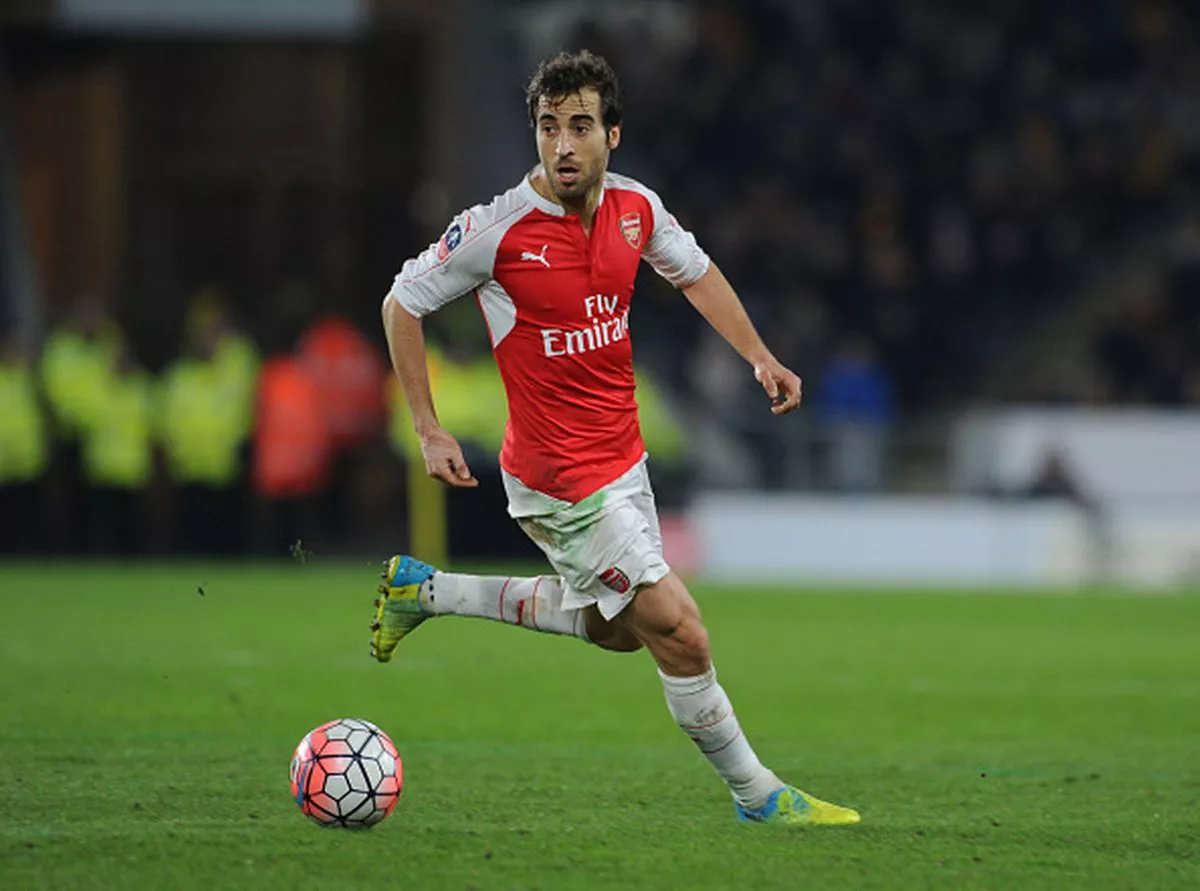At the age of just 16, getting good marks at school can seem like quite the make-or-break scenario, but several stars have gone on to achieve impressive feats without a need for higher education. In fact, countless footballers went straight from school to playing at a competitive level, never reflecting on their school grades while taking home exceptional pay packets for their athletic prowess.
For example, Wayne Rooney signed for and made his Everton debut at the age of just 16, going on to become one of England’s most successful strikers of all time. More recently, you only have to look at the likes of up-and-comer Chris Rigg, who made his Sunderland debut last year at just 16 despite being reportedly restricted from training with the first team to concentrate on his own GCSE exams.
Some players, meanwhile, have wanted the best of both worlds in terms of education and football. Mathieu Flamini famously wanted to study for a law degree while he was in his late teens – and while the university were happy to compromise and allow him to miss classes, Marseille offered him an ultimatum.
Reflecting on the decision to The Athletic, Flamini admitted: “I still had to go to 25 per cent of them [classes], and when I asked Marseille if I could move some of the training to go to the classes they asked me to make my choice. Actually, it was simple.”
Flamini bailed from further education to represent his boyhood club for just one year between 2003 and 2004 when Arsenal came a-knocking – and considering he had only made 14 appearances for Marseille, his head was turned at the prospect of Premier League opportunity.
Over the next four years, Flamini racked up 102 Premier League appearances for the Gunners, a huge part of Arsene Wenger’s plans to replicate their successes of the famous ‘invincibles’ campaign of 2003/04. While Flamini didn’t win a league title during his stint with Arsenal, an FA Cup in 2005 and a Champions League runner-up medal left him holding his head high ahead of a 2008 transfer to AC Milan.

Flamini bagged a Serie A title with the Italian outfit from the 2010/11 season, before returning to Arsenal ahead of the 2013/14 campaign. Two more FA Cups and a Community Shield would be the rewards for his endeavours before he moved on to Crystal Palace and Getafe before hanging his boots up in 2019.
Fast forward to 2024, and the former footballing phenom has accrued a sensational net worth exceeding £10billion – not just through his work on the pitch as a solid centre-mid, but also thanks to his business acumen. In 2010 Flamini co-founded GFBiochemicals alongside Pasquale Granata – which aims to cut down on the use of petrochemicals in a bid to save the planet.
Fourteen years on from founding the company, Flamini currently holds a 60 per cent stake while serving as its CEO. Forbes estimates that the business venture has racked him up an incredible net worth of around £10billion. Speaking about the company, Flamini added: “When you see Greta Thunberg bringing a generation of kids onto the streets, I feel I have this responsibility towards the next generation.
“We created the problem. We have to be part of the solution. What are we going to say to our kids? I meet people every day who are trying to be part of the solution, part of the ecosystem of people bringing innovation to try to make the future a better place. I’m excited about that; to be part of those people I call believers.”
He continued: “Here my challenge is different — changing an industry. Every day I have some fights, problems to resolve. It’s a different challenge but it’s the same mindset and the same dedication. It’s also a lot of pressure. So I’ve transferred all this energy from one fight to another. I’m trying to recreate the wolf pack within this ecosystem. I’m very lucky to be part of this movement of people trying to drive change and create more sustainability.”
Flamini also hopes to inspire fellow footballers and athletes to stand up for climate change, citing how the “next generational athlete” will help inspire people to make a change. He told UEFA: “My message to all football players out there: don’t be scared of speaking anymore, don’t be scared of using your voice, don’t be scared of standing up for your beliefs and what you want to change. I think the next generational athlete will be the one who empowers people to stand up for their beliefs.”



